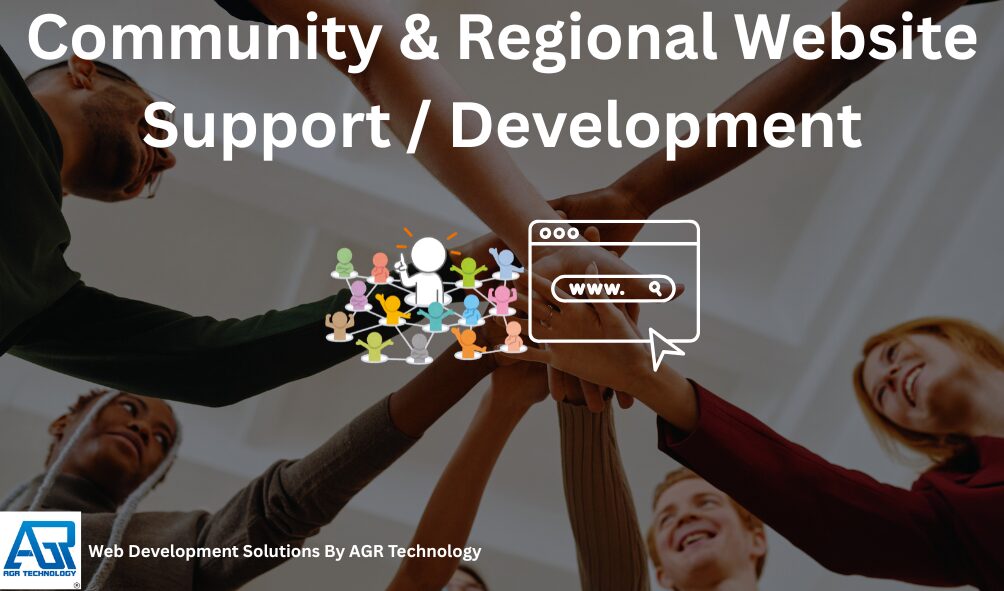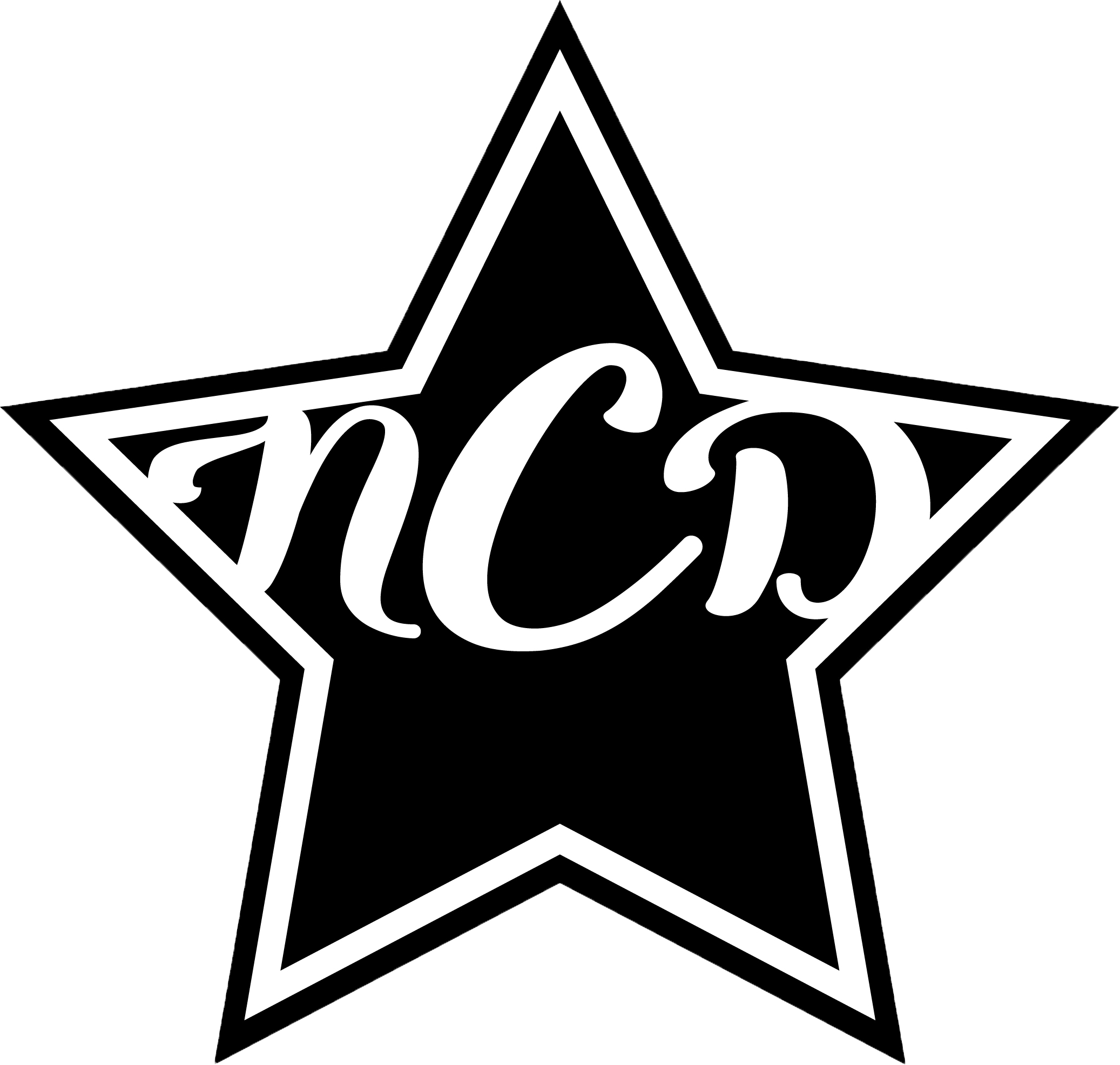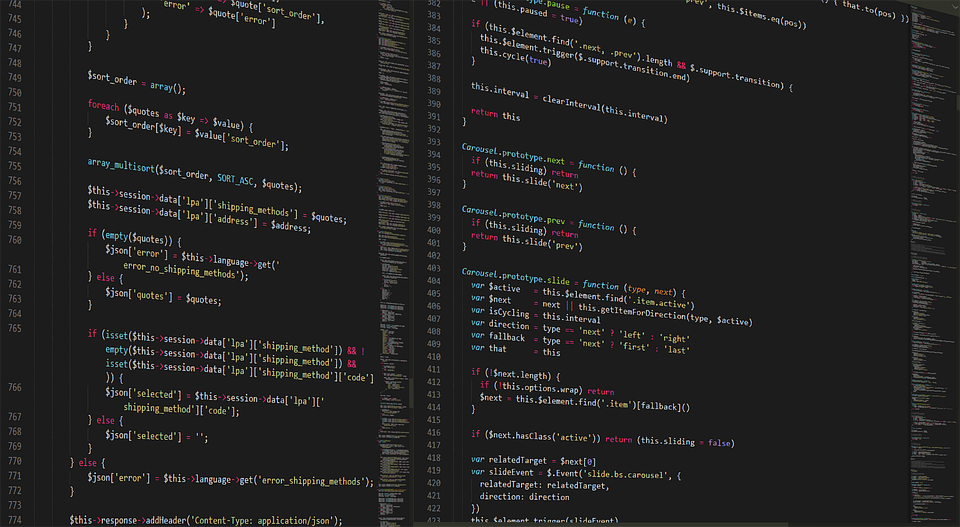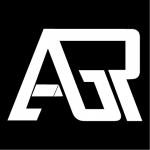We build and support community and regional websites that power local connections and real growth. Our teams align design content and tech so neighbors find what they need fast and partners trust the platform. We focus on speed security accessibility and search so every visit counts.
We map goals to local needs then deliver updates training and responsive support that keeps sites fresh and useful. We use clear analytics and simple workflows so teams act fast and spend less. Together we turn regional stories into reliable digital hubs that scale with demand.
Book a free consultation call with AGR Technology to see how we can help your business your brand with bespoke web design solutions
Reviews from some of our happy customers:
Supporting businesses & organizations of all sizes to get ahead with digital solutions

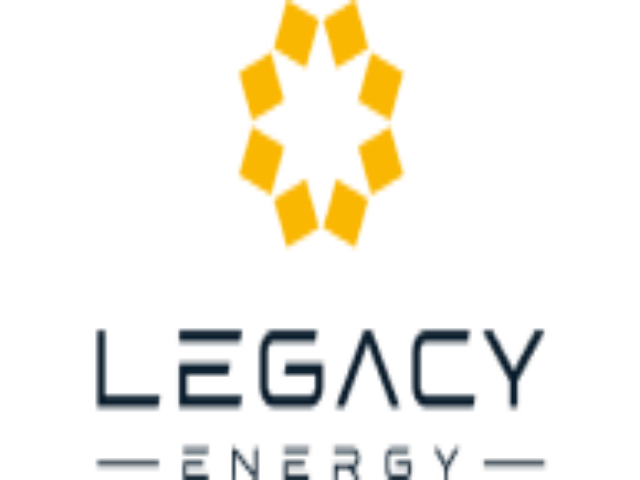
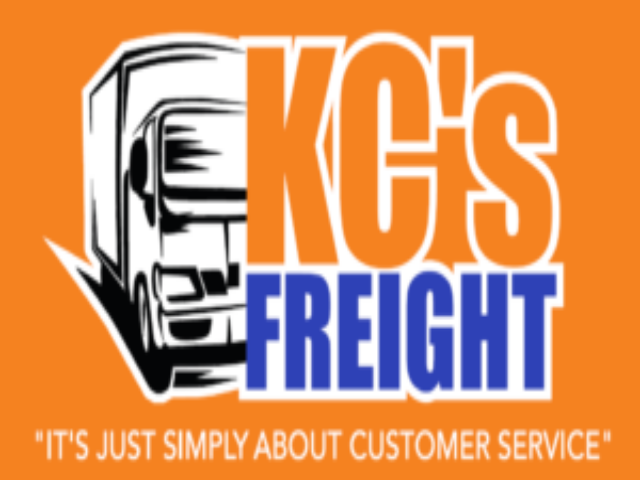
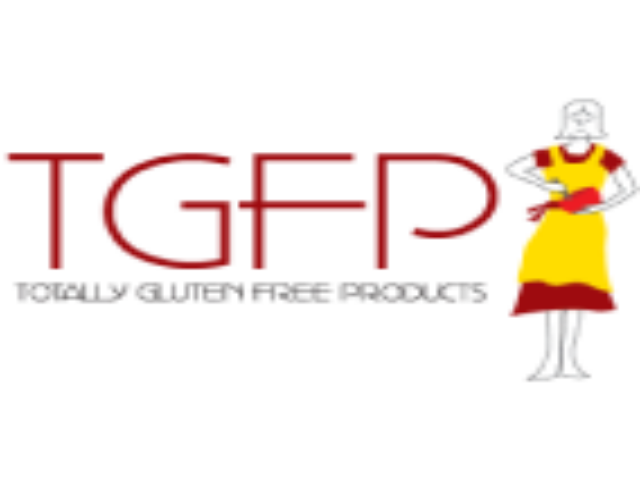
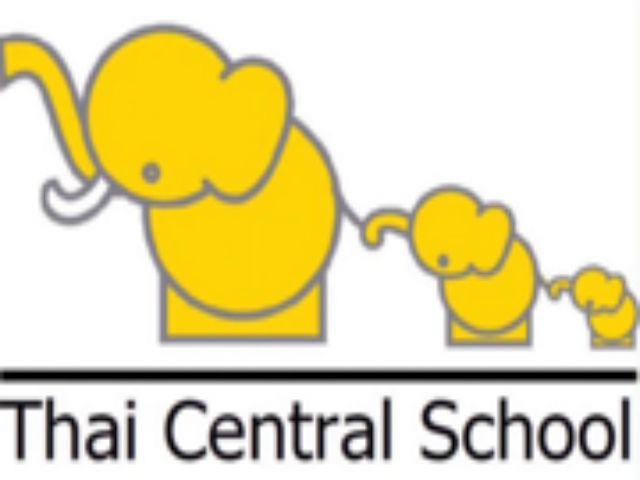

Why work with us?
The Role of Community and Regional Website Support and Development

Community and regional website support and development connect local goals with scalable digital delivery. We build, maintain, and grow platforms that serve councils, chambers, tourism bodies, and grassroots groups.
What partners count on
Community and regional sites rely on consistent service and transparent outcomes. We back every build with uptime targets, fast response, and clear owners across content, security, and hosting.
- Deliver content operations for news, events, directories, grants, and alerts across towns and regions.
- Maintain secure hosting with DDoS protection, daily backups, SSL, and access controls aligned to ACSC guidance.
- Align UX with WCAG 2.2 AA and GovUX patterns for inclusive navigation and readable content.
- Optimize local SEO with structured data for places, events, and organizations as per schema.org.
- Integrate workflows with CRMs, mailing lists, and payment gateways for bookings and permits.
- Report outcomes with analytics, heatmaps, and search logs to guide content decisions.
How we support growth
Community and regional platforms grow when content stays current and search finds it fast. We use structured governance and lightweight tooling so teams publish with confidence.
- Map publishing roles, escalation paths, and SLAs across council units and community partners.
- Standardize content types for services, venues, heritage, trails, and business listings with approval queues.
- Automate QA for links, metadata, schema, and accessibility checks before publish.
- Localize content for multilingual communities and First Nations place names with consistent taxonomies.
- Surface search facets for suburb, postcode, category, and date to reduce time to result.
- Train teams with task-based guides, short videos, and in-context tips inside the CMS.
What matters for reliability
Regional audiences expect accuracy, speed, and safety. We anchor operations to measurable standards and recognized frameworks.
- Meet Core Web Vitals thresholds as defined by Google for LCP, INP, and CLS.
- Enforce OWASP ASVS controls across authentication, input handling, and session management.
- Track uptime, response time, and incident recovery with public status notes.
Where development adds value
Community and regional development delivers impact when features reflect real use. We build modular components that serve common local tasks.
- Publish event calendars with ticketing, venue maps, and iCal exports for recurring community events.
- Power business directories with ABN capture, categories, reviews, and request-to-claim flows.
- Run grant portals with eligibility filters, staged applications, and panel review dashboards.
- Host tourism guides with itineraries, trails, accessibility notes, and offline PDFs.
- Provide crisis notices with pinned alerts, location targeting, and SMS or email opt-ins.
- Enable service finders with postcode search, hours, fees, and accessibility services.
Why AGR Technology
AGR Technology brings hands-on experience across Australian regions and cross-agency programs. We combine strategy, content design, and engineering so your site serves residents, visitors, and businesses.
- Deliver end-to-end support across discovery, prototyping, development, migration, and care.
- Migrate legacy CMS content with redirects, canonical tags, and schema preservation.
- Harden platforms with WAF rules, bot mitigation, and patch management on a rolling schedule.
- Connect first-party analytics with privacy controls and IP anonymization aligned to OAIC guidance.
- Provide honest scopes, fixed deliverables, and clear change control to reduce risk.
Service packages
Community and regional teams pick packages that match budgets and outcomes. We keep pricing transparent and outcomes measurable.
- Select Care Plan for monitoring, backups, updates, and priority support.
- Select Growth Plan for SEO, content design, and UX improvements.
- Select Build Plan for new sites, migrations, and custom modules.
Use cases we support
Community and regional contexts differ by audience and mandate. We tailor information architecture and workflows to match local operations.
- Support councils running services, waste, pets, permits, and engagement portals.
- Support chambers promoting members, events, advocacy, and local procurement.
- Support tourism bodies marketing trails, festivals, and regional itineraries.
- Support libraries managing catalogs, programs, and room bookings.
- Support emergency updates with status pages and multi-channel alerts.
Let’s get your region online faster
- Book a free consult with AGR Technology to scope your community website.
- Request a site audit for accessibility, speed, and search.
- Ask for a fixed proposal with timelines, inclusions, and SLAs.
Core Features for Local Service Delivery
We align service design to local tasks so residents get answers fast. We connect council operations to simple digital workflows that reduce admin and errors.
Service Directories and Regional Information
We consolidate local services into a single, searchable service directory across council, health, transport, and community support. We structure content with controlled vocabularies, location metadata, and schema.org markup for rich results.
- Surface: Provide postcode search, suburb filters, and map views for quick discovery.
- Standardize: Apply service taxonomies, opening hours, and eligibility fields for consistent results.
- Localize: Display multilingual content and cultural context for regional audiences.
- Validate: Sync authoritative sources like NSW Service Finder, Healthdirect, and data.gov.au where available.
- Comply: Meet WCAG 2.2 Level AA for content, forms, and interactive maps per W3C.
- Optimize: Add structured data for Services, LocalBusiness, and Event schema for Google visibility.
- Maintain: Automate reviews, expiry dates, and owner alerts for freshness.
Practical inclusions
- Cards: Present contact details, wait times, and booking links.
- Maps: Show service radiuses, accessibility features, and transit options.
- Search: Support typo tolerance and synonyms for common queries.
Events, Alerts, and Crisis Communications
We run an integrated event calendar with real time alerts for weather, health, and infrastructure updates. We support crisis communication through multi channel delivery that reaches residents fast.
- Broadcast: Push alerts via web banners, SMS, email, and social posts.
- Prioritize: Pin critical messages site wide with start and end times.
- Standardize: Use OASIS Common Alerting Protocol for structured messages.
- Geofence: Target suburbs, LGAs, or coordinates for relevance.
- Translate: Provide plain language summaries with multilingual options.
- Archive: Store advisories with timestamps for audit and trust.
- Integrate: Pull feeds from Bureau of Meteorology and state emergency APIs.
Event management features
- Publish: Create recurring events, ticketing links, and accessibility notes.
- Promote: Add Open Graph, JSON LD, and subscribe feeds for calendars.
- Moderate: Route submissions to approvals with role based permissions.
Service reliability and standards
| Standard | Scope | Source |
|---|---|---|
| WCAG 2.2 AA | Accessibility for web content and components | W3C |
| CAP 1.2 | Structured emergency alerts and geotargeting | OASIS |
| ISO 27001 | Information security management controls | ISO |
Sources
- Web Content Accessibility Guidelines 2.2, W3C
- Common Alerting Protocol, OASIS
- ISO 27001, International Organization for Standardization
Inclusive and Accessible Design
We design for everyone across community and regional audiences. We remove barriers, increase reach, and meet compliance from day one.
Accessibility Standards and Plain Language
We align inclusive design with WCAG 2.2 AA and the Australian legal context. We deliver accessible patterns that work across councils, services, and community portals.
- Audit accessibility, use automated scans and manual expert reviews
- Structure content, use semantic HTML5 and ARIA landmarks
- Label forms, pair inputs with programmatic names and error hints
- Contrast colors, meet WCAG 2.2 AA ratios, dark mode included
- Operate interfaces, support keyboard navigation and focus states
- Describe media, add alt text, captions, and transcripts
- Reduce motion, respect prefers-reduced-motion and safe animations
- Validate content, apply plain language and reading grade targets
- Test assistive tech, check NVDA, JAWS, VoiceOver, TalkBack, and switch controls
- Document outcomes, log issues, fixes, and retests for governance
Key inclusions for councils and regional services:
- Optimise search, use synonyms, typo tolerance, and filters
- Standardise components, ship accessible buttons, menus, accordions, tabs
- Streamline forms, add conditional logic, validation, and save-and-return
- Improve maps, add keyboard panning, high-contrast tiles, and text alternatives
- Harden PDFs, convert to HTML where possible, tag required PDFs for screen readers
Multilingual and Cultural Considerations
We support multilingual access across regional communities and visitors. We respect cultural context and present content that reads well in every language.
- Localise interfaces, externalise strings and format dates to Australian style
- Support languages, add LOTE content across high-demand services
- Enable right-to-left, adapt layouts for Arabic and similar scripts
- Maintain terminology, build glossaries for services, places, and roles
- Verify translations, use NAATI-certified linguists for critical content
- Layer machine translation, add human review for accuracy and tone
- Preserve readability, match plain language in each target language
- Include Indigenous context, acknowledge Country and use correct names
- Co-design content, engage local community groups and service partners
- Test in-market, run usability sessions with native speakers and elders
Operational process
- Prioritise pages, pick high-traffic tasks, alerts, and service directories
- Create translation kits, include screenshots, context, and notes
- Automate workflows, push updates through TMS and Git-backed pipelines
- Track quality, log defects and reading grade across languages
- Monitor outcomes, measure engagement and task success by language
Guidance and references
- W3C Internationalization, https://www.w3.org/International
- NAATI, https://www.naati.com.au
- AIATSIS, Indigenous protocols and naming, https://aiatsis.gov.au
- Australian Style Manual, Plain language and tone, https://www.stylemanual.gov.au
- Request a multilingual rollout plan from AGR Technology
- Book a cultural review and inclusive copy workshop
- Get a no-obligation quote for translation and localisation services
Technical Foundations and Infrastructure
We build community and regional platforms on dependable infrastructure. We architect for uptime, security, and speed across Australia.
Hosting, Security, and Data Privacy
We host on Australian data centres with ISO 27001 and SOC 2 Type II aligned providers for compliance and data residency. We encrypt data at rest with AES‑256 and in transit with TLS 1.3. We segment networks to reduce blast radius and enforce least‑privilege access with SSO and MFA.
- Hosting: Australian regions, multi‑AZ, autoscaling
- Security: WAF, DDoS protection, bot mitigation
- Access: SSO, MFA, role‑based controls
- Encryption: AES‑256 at rest, TLS 1.3 in transit
- Monitoring: 24×7 logging, SIEM, alerting
- Backups: Daily snapshots, point‑in‑time restore
- Resilience: RPO ≤ 15 minutes, RTO ≤ 1 hour
We align controls to ACSC Essential Eight, OWASP Top 10, and NIST CSF for risk reduction. We map privacy practices to the Privacy Act 1988 and OAIC guidance, and we support GDPR where required by audience. We complete Privacy Impact Assessments for high‑risk features and keep an incident response runbook that aligns to the Notifiable Data Breaches scheme.
- Compliance: Privacy Act 1988, OAIC NDB, GDPR
- Governance: Change control, CAB approvals, versioning
- Audit: Immutable logs, quarterly access reviews, key rotation
- Assurance: Penetration tests, dependency scanning, SBOMs
We provide clear SLAs for uptime, response, and restoration. We publish status pages and maintenance windows in advance.
Talk with AGR Technology about secure hosting for your council or regional organisation.
Performance on Low-Bandwidth Connections
We optimise for rural and remote users on satellite and 3G links. We design against Core Web Vitals and real‑user monitoring, not lab guesses.
- Delivery: HTTP/2, Brotli compression, immutable caching
- Assets: Critical CSS, tree‑shaken JS, defer and async loading
- Images: AVIF and WebP, responsive sizes, lazy loading
- Edge: CDN PoPs in Sydney, Melbourne, Perth for low latency
- Offline: Service workers, prefetching, PWA install prompts
- Search: Index tuning, query caching, typo tolerance for faster responses
We test on Throttling presets that simulate 3G and satellite latency using Chrome Lighthouse and WebPageTest. We prune scripts and third‑party tags to cut payloads and reduce CPU time on low‑power devices.
Performance targets for community and regional websites:
| Metric | Target | Context |
|---|---|---|
| TTFB | < 200 ms in AU | Edge caching and warm origins |
| LCP | < 2.5 s on 3G | Optimised hero media and server render |
| INP | < 200 ms | Low‑JS patterns and input prioritisation |
| CLS | < 0.1 | Reserved media slots and font loading |
| Transfer Size | < 1 MB initial | Code splitting and asset budgets |
Sources: Google Chrome UX Report, Core Web Vitals guidance by Google, ACSC Essential Eight, OAIC Notifiable Data Breaches.
Content Governance and Sustainability
Content governance keeps community and regional sites accurate, safe, and useful long term. Sustainability protects budgets and teams by reducing churn, waste, and risk.
Editorial Workflows and Community Contributors
Editorial workflows anchor content governance across councils, libraries, events, and local services. We standardise how content moves from draft to live, then to archive.
- Define roles and permissions in the CMS for authors, editors, approvers, and publishers.
- Map RACI for key content types, for example service pages, news, alerts, grants.
- Enforce approval chains with version control, audit trails, and rollback.
- Structure taxonomy and metadata for locality, service category, eligibility, dates.
- Schedule a content calendar across campaigns, seasons, and civic events.
- Validate plain language and WCAG 2.2 AA cues for headings, alt text, link labels.
- Template page layouts with components for contact cards, maps, alerts, eForms.
- Automate checks for broken links, reading level, accessibility, and SEO tags.
- Localise content with translation workflows, glossaries, and style guides.
- Onboard community contributors with training, contributor agreements, and a code of conduct.
- Moderate user‑generated content with flagged terms, escalation paths, and audit logs.
- Track content lifecycle with review dates, archive rules, and retention policies.
Governance aligns with W3C WCAG 2.2 AA guidance, ISO 27001 controls, and Australian privacy principles for public sector sites, when required by policy. AGR Technology configures workflows in your CMS and documents the governance model so content teams and volunteers stay in sync.
Want this in your stack today? Book an editorial workflow setup with AGR Technology, or request a contributor training session.
Maintenance, Updates, and Support Models
Maintenance keeps sites stable and secure while content evolves. We run proactive updates and transparent SLAs for regional uptime, security, and support.
- Patch core CMS, plugins, and dependencies on a scheduled release cycle.
- Stage changes in a pre‑production environment with automated tests.
- Monitor uptime and performance with synthetic checks and real‑user metrics.
- Scan for vulnerabilities with weekly reports and monthly remediation windows.
- Back up databases and files with encrypted storage in Australian data centers.
- Validate disaster recovery with RPO and RTO tests across regions.
- Enforce change management with release notes and versioned rollbacks.
- Optimise performance budgets for low‑bandwidth users in rural areas.
- Check SEO health for sitemaps, schema, redirects, and canonical tags.
- Audit accessibility continuously for WCAG 2.2 AA compliance drift.
- Provide support via email, phone, and portal with tiered response times.
- Share a roadmap that covers component upgrades, UX fixes, and new features.
Our managed hosting and support plans include the following service levels.
Hosting remains in Australian regions for data sovereignty, unless you direct otherwise. Transport and storage use encryption per industry guidance from ISO/IEC 27001 and SOC 2 reports maintained by our providers.
Ready to lock in a support model that fits your council or regional org? Talk with AGR Technology about managed maintenance, or request an SLA that maps to your risk profile.
Capacity Building, Funding, and Partnerships
We strengthen capacity around the site, the budget, and the partnerships that keep services online. We focus on practical training, clear funding paths, and accountable collaboration.
Training for Staff and Volunteers
We build confidence across content, service delivery, and governance, so teams manage the website day to day without friction.
- Equip editors with CMS training, content workflows, and approval gates, so updates stay accurate and WCAG 2.2 AA compliant (W3C).
- Standardize publishing with role-based permissions, audit trails, and SLA-aligned change windows, so risk stays low and uptime stays high.
- Lift digital literacy with short, hands-on sessions on search tuning, metadata, and structured content, so users find services fast.
- Strengthen accessibility with semantic HTML patterns, alternative text checklists, and color contrast testing, so content meets inclusive design standards (Australian Government Digital Service Standard).
- Improve security posture with cybersecurity awareness training, password hygiene, MFA, and data privacy practices aligned to ISO 27001 and SOC 2 Type II.
- Embed analytics skills with event tracking, search term analysis, and dashboard reviews, so teams act on evidence not guesswork.
Book a live workshop with AGR Technology to train your local team, or ask for our 90-minute editor boot camp schedule.
Conclusion
We believe strong community websites start with clarity and keep growing through evidence. Our approach keeps teams confident and users supported. We stay focused on real tasks fast delivery and accountable results.
If you want a partner who shows up and measures what matters let’s talk. Book a discovery call or request a demo. We can review accessibility plans security posture and multilingual rollout. We can map an MVP and a phased path that fits your budget and timelines. Together we can turn local goals into durable digital services that people trust.
Book a free consultation call with AGR Technology to see how we can help your business your brand with bespoke web design solutions
Frequently Asked Questions
What is a community and regional website platform?
It’s a scalable website framework that connects local people to services, events, and updates. It aligns design, content, and technology so users find what they need fast. Core priorities include speed, security, accessibility, great search, and clear navigation. Teams get simple workflows, analytics, and training to keep content current and useful.
How does AGR Technology support these websites?
AGR Technology provides end-to-end services: discovery, scoping, secure hosting, accessible design, content governance, training, and ongoing support. We offer tailored packages, modular components, analytics dashboards, and SLAs to ensure uptime, performance, and measurable outcomes for local communities.
What accessibility standards do you meet?
We design and test to WCAG 2.2 AA. That includes semantic HTML5, keyboard navigation, color contrast, ALT text, captions, clear focus states, readable fonts, and plain language. We also run accessibility QA, provide audits, and train teams to publish accessible content.
Do you support multilingual and culturally inclusive content?
Yes. We support multilingual rollout, localized content, and culturally sensitive design. We work with community groups to validate language, tone, and imagery, ensuring messages are clear and inclusive across diverse audiences.
How do you ensure speed and reliability?
Websites are hosted in Australian data centers with ISO 27001 and SOC 2 Type II compliance. We optimize for low bandwidth with CDNs, image compression, caching, and lightweight components. SLAs define uptime, response times, and proactive maintenance.
What security measures are in place?
We use data encryption in transit and at rest, network segmentation, hardened hosting, WAF, DDoS protection, MFA, role-based access, and regular patching. Content workflows include approvals to reduce publishing risks and ensure compliance.
How do you improve search and findability?
We offer a powerful search with filters, synonyms, typo tolerance, and structured data. Services are grouped in clear directories. Contact cards, maps, FAQs, and event listings help users find answers fast from any device.
Can you manage crisis alerts and urgent updates?
Yes. We provide crisis communication tools to publish alerts site‑wide and push updates to email, SMS, and social channels. Templates and workflows ensure messages are fast, consistent, and accessible.
How are grants and applications handled?
We streamline forms with secure eForms, validation, conditional logic, and automated workflows. Applicants can track progress, while admins get dashboards, audit trails, and exportable reports for transparency and compliance.
How do you keep content accurate and current?
Editorial workflows define roles, approvals, and review cycles. We use content standards, checklists, and analytics to flag stale pages. Training helps teams write in plain language and meet accessibility and brand guidelines.
What is your roadmap for launching a site?
We start with stakeholder mapping and needs assessment, then scope an MVP focused on key user journeys. After launch, we iterate using analytics, feedback, and accessibility QA. Phases include discovery, build, testing, and training.
How do you measure success?
We track KPIs like search success rate, service findability, form completion, page speed, uptime, and support response times. Regular reports and feedback loops guide improvements grounded in real user tasks.
What training do you offer for staff and volunteers?
We run practical sessions on the CMS, content standards, accessibility, analytics, security basics, and workflows. Training is ongoing, with guides, checklists, and refresher workshops to build digital confidence.
Do you offer tailored service packages?
Yes. AGR Technology provides service tiers matched to community needs, including secure hosting, UX and accessibility support, content operations, eForms, event calendars, and ongoing maintenance with clear, transparent outcomes.
Related content:
Non-Profit Website Design Services
School Website Design & Development Services
Membership Website Design / Development Services
Managed IT Solutions Melbourne

Alessio Rigoli is the founder of AGR Technology and got his start working in the IT space originally in Education and then in the private sector helping businesses in various industries. Alessio maintains the blog and is interested in a number of different topics emerging and current such as Digital marketing, Software development, Cryptocurrency/Blockchain, Cyber security, Linux and more.
Alessio Rigoli, AGR Technology
![logo-new-23[1] logo-new-23[1]](https://agrtech.com.au/wp-content/uploads/elementor/thumbs/logo-new-231-qad2sqbr9f0wlvza81xod18hkirbk9apc0elfhpco4.png)
